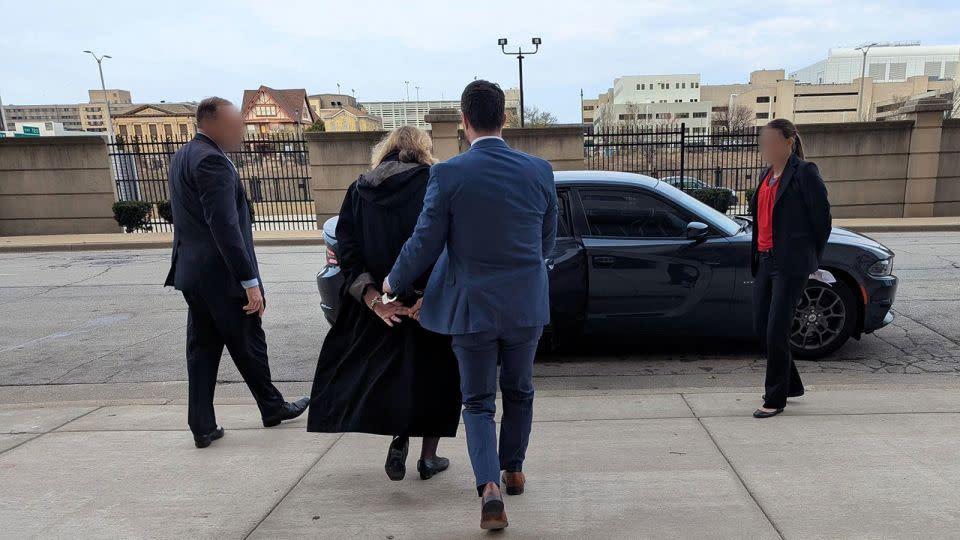The notion of prosecuting judges for allegedly supporting gang members has sparked intense controversy, raising questions about judicial independence, law enforcement’s role, and the limits of accountability. Accusations that judges enable gang activity through lenient rulings or biased decisions have fueled calls for FBI intervention, particularly in areas plagued by gang violence. However, the issue is fraught with legal complexities and risks undermining the judiciary’s foundational principles.

Advocates for prosecution argue that judges who appear to favor gang members—whether through dismissing charges, granting bail, or issuing light sentences—undermine public safety. High-profile cases, like those involving MS-13 or cartel-affiliated gangs, have intensified scrutiny. In 2024, several urban districts reported spikes in gang-related crimes, prompting critics to point to judicial decisions as a contributing factor. They argue that judges who consistently rule in ways perceived as protecting gang members may be complicit, potentially justifying FBI investigations for corruption or obstruction of justice. Proponents cite precedents where judges faced federal probes for bribery or misconduct, suggesting a framework exists to address egregious behavior.
Opponents, however, warn that prosecuting judges for their rulings threatens the judiciary’s autonomy. Judges operate within a framework of legal discretion, guided by evidence, precedent, and constitutional protections. What critics call “support” for gangs may reflect adherence to due process, such as dismissing cases with insufficient evidence or respecting defendants’ rights. Legal scholars emphasize that judicial independence is a cornerstone of democracy, shielding judges from political pressures. FBI involvement risks creating a chilling effect, where judges fear prosecution for unpopular but lawful decisions. Historical attempts to criminalize judicial rulings, like during the War on Drugs, often failed due to First Amendment and separation-of-powers concerns.
The legal threshold for prosecution adds further hurdles. FBI investigations typically require evidence of criminal intent, such as bribery or collusion, rather than mere disagreement with a judge’s rulings. Proving a judge “supports” gang members would demand concrete evidence of misconduct, not just a pattern of lenient decisions. In 2023, a federal probe into a Chicago judge accused of ties to organized crime stalled due to lack of actionable evidence, highlighting the difficulty. Moreover, judicial immunity generally protects judges from liability for their rulings, complicating efforts to pursue charges.
Public sentiment is polarized. In communities ravaged by gang violence, frustration with perceived judicial leniency runs high, with 62% of respondents in a 2025 poll supporting stricter oversight of judges. Conversely, civil liberties groups argue that targeting judges fuels distrust in the justice system, particularly among marginalized groups. The debate also carries racial undertones, as gang-related cases often involve minority defendants, raising concerns about systemic bias.
Prosecuting judges for alleged gang support is a high-stakes proposition. While public safety demands accountability, the risks of eroding judicial independence and politicizing the bench are profound. Without clear evidence of criminality, such efforts may do more harm than good, leaving the justice system caught in a tense tug-of-war.






